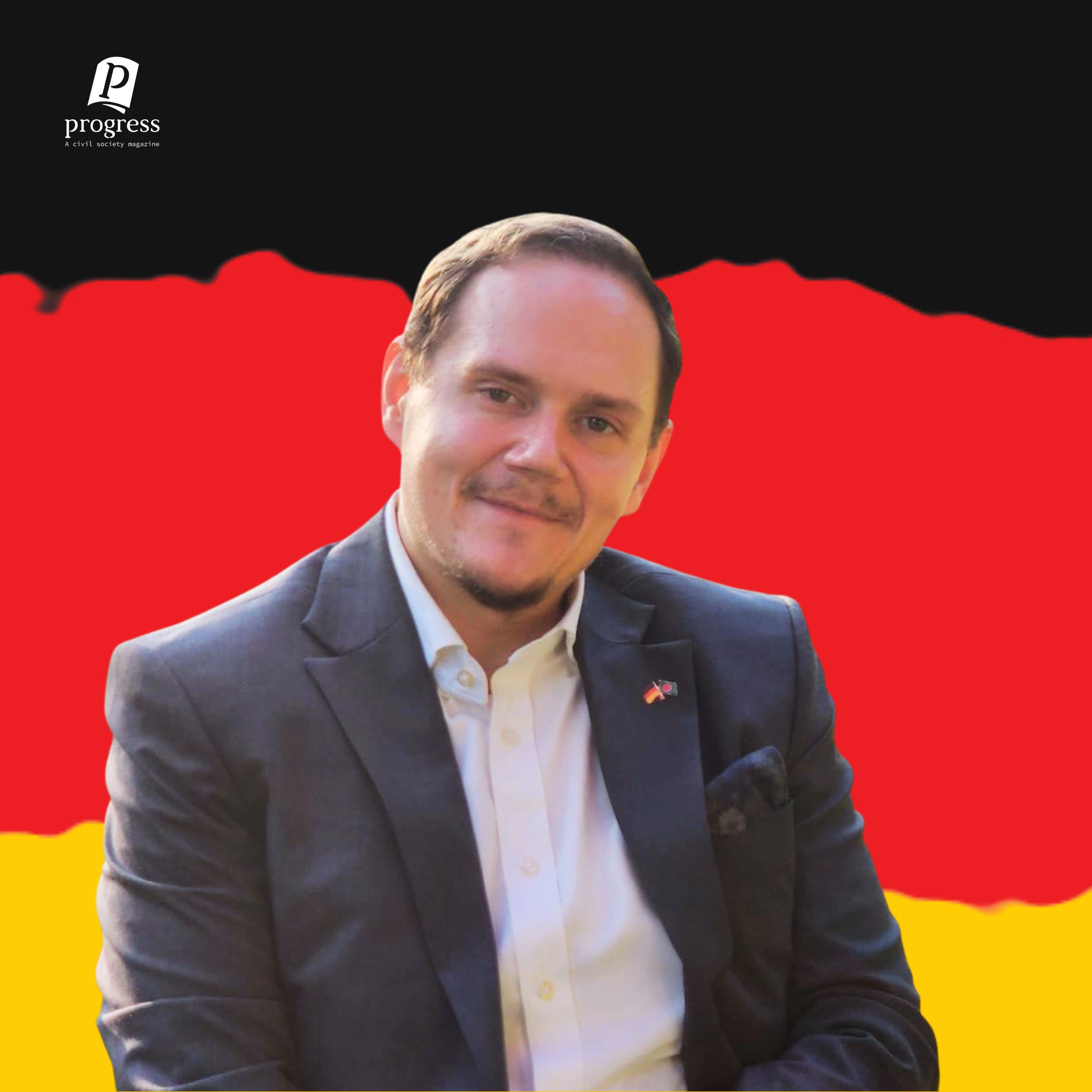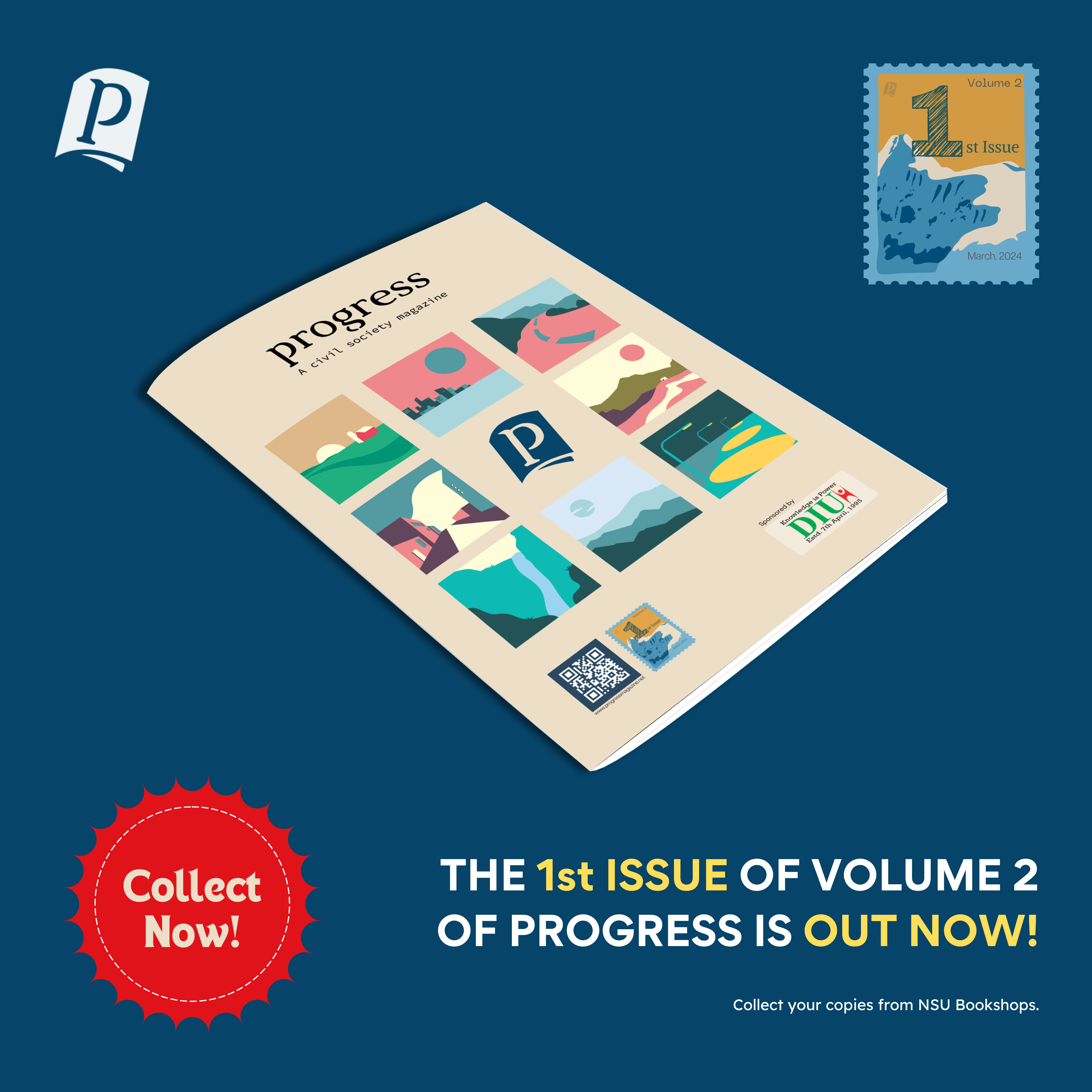Progress:
Thank you for agreeing to be interviewed by Progress, Mr Janowski. The first question to you is – East Germany was the first European country to have recognized Bangladesh. How would you evaluate Chancellor Willy Brandt’s role as a peacemaker during Bangladesh’s struggle for independence in 1971?
Chargé d’affaires:
Our support did not only start in 1971 when we recognized Bangladesh formally. Indeed our presence started in 1957 with our Consulate in Dacca, East Pakistan, because we already saw that we needed our own presence to support the Bengali people in Pakistan at the time. We recently had an event where a Freedom Fighter, Indian Major General (retd.) Ashok Mehta presented his research on Chancellor and Nobel Peace Prize Laureate Willy Brandt’s diplomacy vis-à-vis Pakistan, India and Bangladesh for the first time. Some of his findings based on actual letters exchanged between the leaders at the time regarding the behind-the-scenes dealings might help shed new light on this early phase of Bangladesh’s independent history.
On our National Day reception, we also exhibited the letters between Bangabandhu Sheikh Mujibur and Willy Brandt for the first time. We intend to support more research on the topic and are in contact with the Liberation War Museum in this regard.
Progress:
In trade with Germany, Bangladesh has for years recorded a large surplus. Germany is Bangladesh’s second-largest export market after the U.S. Could you elaborate on which trade areas are thriving?
Chargé d’affaires:
Indeed, last year, we recorded a new all-time high in trade, with exchanges reaching nearly 11 billion USD. This is more than double our trade volume with Indonesia and nearly three times our trade volume with Pakistan. Bangladesh is diversifying on a massive scale and quite rapidly, opening new avenues of cooperation and exchange. We are not reaping the benefits of these trends because of some short-term challenges, but we see enormous potential for trade to become more balanced in the future. I see a growing demand for reliable German high-tech solutions in many areas. We see these opportunities emerging in agriculture, aviation, chemical industries, defense, e-mobility, pharmaceuticals, and the ever-growing consumer class. More than 80 German companies have already established offices in Dhaka and elsewhere in Bangladesh. Interest from German businesses in India and elsewhere to expand into Bangladesh is also growing.
Progress:
How effective has the Goethe Institute in Bangladesh been in the recent past?
Chargé d’affaires:
Very effective I would say. German is a difficult language, and I am always positively surprised to see how many young Bangladeshis are interested in learning about our language and culture. I am especially happy that we can cater to other parts of the city through its location in Dhanmondi. Through the institutes’ close connection to the cultural scene in Bangladesh, Germany is also present with diverse voices in this society. The Institute also houses the office of our German Academic Exchange Service (DAAD), which receives applications for scholarships in Germany and gives counselling to all those planning to pursue higher studies in Germany.
Lastly, more than 1000 young Bangladeshis are also learning German in our recognized PASCH schools in Dhaka and Chattogram. I just recently visited Mastermind School in Chattogram and was impressed by the skills children are acquiring in my mother tongue.
Progress:
Labour rights and policies in Bangladesh have long been a priority of the German Embassy in Bangladesh. How successful has your mission been in this particular arena?
Chargé d’affaires:
Sustainable supply chains, due diligence and labour rights are still a cornerstone of German development cooperation with Bangladesh. Our mission in this area has been successful so far and it will continue to be. For example, 3,000,000 textile workers benefit from the employment injury scheme, a pilot for compensation in case of work-related death or permanent disability. We hope to establish a permanent employer-financed accident insurance. Many factories have improved their environmental performance. Altogether, our development cooperation measures have reached more than 1,100 factories. More than 300,000 workers have participated in women’s cafes, which educate –mostly – female Workers on their rights and have resolved more than 1,400 conflicts in the workplace. At the beginning of this year, the German Act on Corporate Due Diligence Obligations in Supply Chains entered into force: it is underlining our interest in improving living and working conditions above all in the global south and protecting the environment. This applies to Bangladesh also.
Progress:
Cooperation with Germany extends to numerous development works. Mr. Janowski, could you focus on a few that you deem worth mentioning?
Chargé d’affaires:
The current (2022) portfolio of German development cooperation with Bangladesh has a value of over 660 Million Euro. Bangladesh is a very important partner for us. Our projects in this country focus on many areas, like renewable energy resources and sustainable economic development. Apart from projects mentioned already before, let me address three more, which can be considered pinnacles in their respective sectors.
- Renewable Energy: Bangladesh has a tremendous potential for renewable energies, which form the basis for energy security and energy sovereignty and, thus, economic development. We have contributed to converting Diesel pumps to solar pumps for irrigation and using the rooftops of factories for harnessing the sun’s power with our local partner IDCOL through our financial cooperation. And the net metering guideline is an outcome of our technical cooperation with the power division, which made renewable energy investments even more attractive.
- Sustainable Urban Development: We have supported our partner cities like e.g. Khulna to take climate change into account for their urban planning and built climate resilient infrastructures like embankments, roads or drainage systems.
- Biodiversity: Germany has recently started to work on a biodiversity project in the Sundarbans, called SUNDAR-BAY. The project will be implemented on both the Indian and the Bangladeshi side of the Sundarbans. By improving the cross-border management, it aims at the conservation and sustainable use of the unique biodiversity prevalent in the Sundarbans.
We have proposed to the Government of Bangladesh to set up a “Climate and Development Partnership” between our two countries to further increase these efforts by bringing in all relevant stakeholders from both sides like civil society, academia and the private sector.
Progress:
You have recently co-authored a newspaper piece with 13 other diplomatic heads in Bangladesh against the Russia-Ukraine War. Given how Bangladesh-Russia relations date back to the Soviet support in 1971, to what extent do you think the general people of Bangladesh agree with your stance?
Chargé d’affaires:
The Soviet Union, like Germany and many other Western countries, indeed supported the Independence of Bangladesh – and Ukraine was part of the Soviet Union at that time, with many responsible for the Foreign Policy ethnically Ukrainian. Equating the Soviet Union of 1971 with today’s Russia under Putin is a historic simplification that I refuse to accept. On the contrary, given Bangladesh’s own history, wouldn’t it be more accurate to see Bangladesh and Ukraine as like-minded? Language and culture oppressed, striving for its own path with a bigger neighbour that wants to prevent this from happening – with all differences, this is the more accurate comparison. Therefore, I would wish for Bangladeshis to be more vocal about upholding the international rules-based order, as the Russian invasion and its brutality is an open challenge to the very system that both Germany and Bangladesh have profited from enormously over the last decades.
Progress:
Mr. Janowski, to what extent would you describe yourself as a pro-feminist Chargé d’affaires?
Chargé d’affaires:
To the full extent of the word. Germany implements both a Feminist Foreign Policy and Feminist Development Policy at home and abroad, and I fully endorse these concepts, as they are just a reminder of what has been formulated over the centuries but never fully achieved yet: That everyone is born with the same rights. German Feminist Foreign Policy and Feminist Development Policy share the same vision: The vision of a world where everybody can participate in social, political and economic context with equal rights; i.e. equal participation and inclusion of all people. Thus, the focus of the Feminist Development Policy is to eliminate structural inequalities, unequal treatment and discrimination in the long term.
Personally, I was blessed to have strong female leaders as supervisors throughout my career in the Federal Foreign Office. This way I naturally learnt how a team benefits when diverse voices are heard and different leadership styles come together. But even in Germany, we still have a long way to go; minorities are underrepresented in the Foreign Service, and we still lack enough women in leadership positions, although both our Minister and three of five Vice-Ministers are female.
Progress:
Your Twitter posts of meeting young academics, political commentators and activists portray your keen interest in the politics of Bangladesh. Where does your mission stand at this point when the nation is looking forward to the general elections?
Chargé d’affaires:
The Vienna Convention gives me the right and the privilege to meet all kinds of people in my host country, in this case, Bangladesh, to ascertain developments in the country. One of my first supervisors in the Ministry told me, “If you don’t like meeting people, diplomacy is the wrong job for you”. This is very true. As a diplomat, you have to enjoy meeting different people and talking to them about topics outside your comfort zone or area of expertise. I learn something new every single day in these talks, which is one of the most rewarding parts of being a diplomat.
After having served in much more “closed societies” before, I am more than happy to be able to engage with such a variety of different actors from different areas. What I have taken away from these meetings is as much a cliché as it is true: The youth of this country has enormous potential and gives me limitless hope for the continuation of the impressive development story of Bangladesh. The sheer number of creative, young, diverse voices I have met over the last year is mind-blowing, and each of these meetings gave me renewed energy and motivation to work even harder. I hope – and I work for this in my limited role – that they will have space to implement their ideas and the resources to do so and that their voice will be heard in all processes.
Progress:
Enough of serious questions. Let us end this interview in a light now, Mr. Janowski. Would you share with the readers what a day in your life as the Ambassador (in charge) looks like?
Chargé d’affaires:
The best part of my job is that there is not “one typical day” because every day looks completely different. People, topics, and tasks change every day. It requires an enormous amount of flexibility to keep all the different loose ends in your mind and coordinate into a coherent presence that also aligns with the priorities of our HQ in Berlin. Still, it is also rewarding to be able to work on so many different projects at the same time. But in all honesty, since our Embassy is also a normal federal authority, there is a lot of routine work that do not particularly spark joy, such as signing and endless number of documents or devising budget plans.











